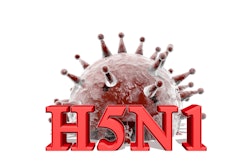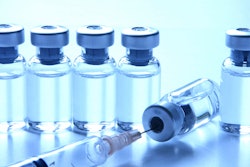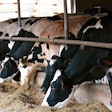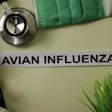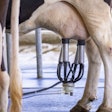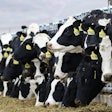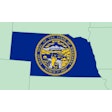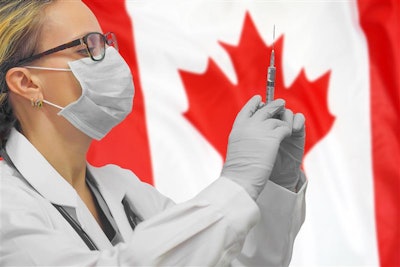
The Public Health Agency of Canada (PHAC) and its partners are taking proactive measures to protect the health of people in Canada by authorizing and securing the supply of a human vaccine against avian influenza.
PHAC, according to a press release, leveraged an existing agreement to secure an initial supply of 500,000 doses of GSK’s human vaccine against avian influenza – ArepanrixTM H5N1 A/American wigeon clade 2.3.4.4b. This vaccine will be used on an as needed basis, based on a person’s risk conditions. PHAC said this effort is part of Canada’s contingency planning to protect people who may be at increased risk of being exposed to the virus through animals infected with avian influenza.
“By making human vaccines against avian influenza available for potential use in individuals at increased risk of exposure to avian influenza as part of our readiness, we are enhancing our capacity to protect people in Canada and respond rapidly to emerging public health challenges,” said Dr. Dr. Theresa Tam, Canada’s chief health officer.
PHAC points out that the current risk of human avian influenza infections remains low, individuals with higher-level exposure to infected animals are at increased risk and should take appropriate precautions. Canada reported its first domestically acquired human case of avian influenza A(H5N1) on November 9, 2024, and continued vigilance will help prevent additional human cases.
PHAC will provide vaccines to provinces and territories based on an equitable and risk-based approach, with 60% of available doses going to provinces and territories and 40% kept in a federal stockpile for national preparedness. Provinces and territories will make decisions on the potential use and administration of their respective vaccination programs in the context of local risk conditions, with PHAC supporting program monitoring and evaluation to adjust national efforts as needed.
Canada’s National Advisory Committee on Immunization (NACI) has also released preliminary guidance on the use of human vaccines against avian influenza in a non-pandemic context. Based on the evolving epidemiological situation in Canada and the United States, broad vaccine deployment is not recommended at this time but the guidance provides recommendations for the possible use of this vaccine by provincial and territorial public health authorities in current and potential future scenarios to protect the health of individuals at increased risk of being exposed to the virus.
PHAC continues to work closely with the Canadian Food Inspection Agency (CFIA), Health Canada, provincial and territorial public health authorities, animal health leaders and experts, industry groups, and international organizations to prepare for and manage the global risks of avian influenza.
Avian influenza in Canadian poultry
According to information from the CFIA, highly pathogenic avian influenza (HPAI) infections in poultry in Canada are being confirmed less frequently in 2025 than they were in the late months of 2024. So far in 2025, HPAI has struck eight commercial poultry flocks in the country – five in British Columbia, two in Ontario and one in Quebec. It has also struck one non-commercial flock in Newfoundland and Labrador.
To date, no dairy cattle in Canada have been affected by H5N1.
View our continuing coverage of the global avian influenza situation.
To learn more about HPAI cases in commercial poultry flocks in the United States, Mexico and Canada, see an interactive map on WATTPoultry.com.


